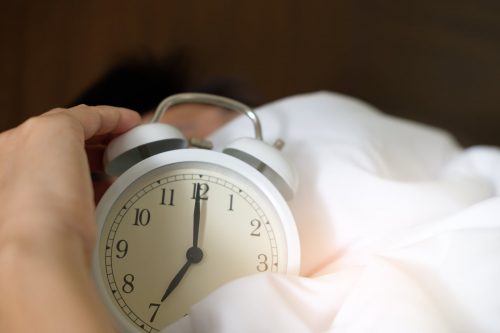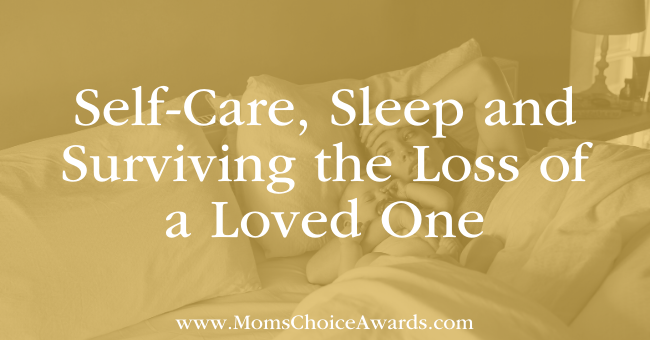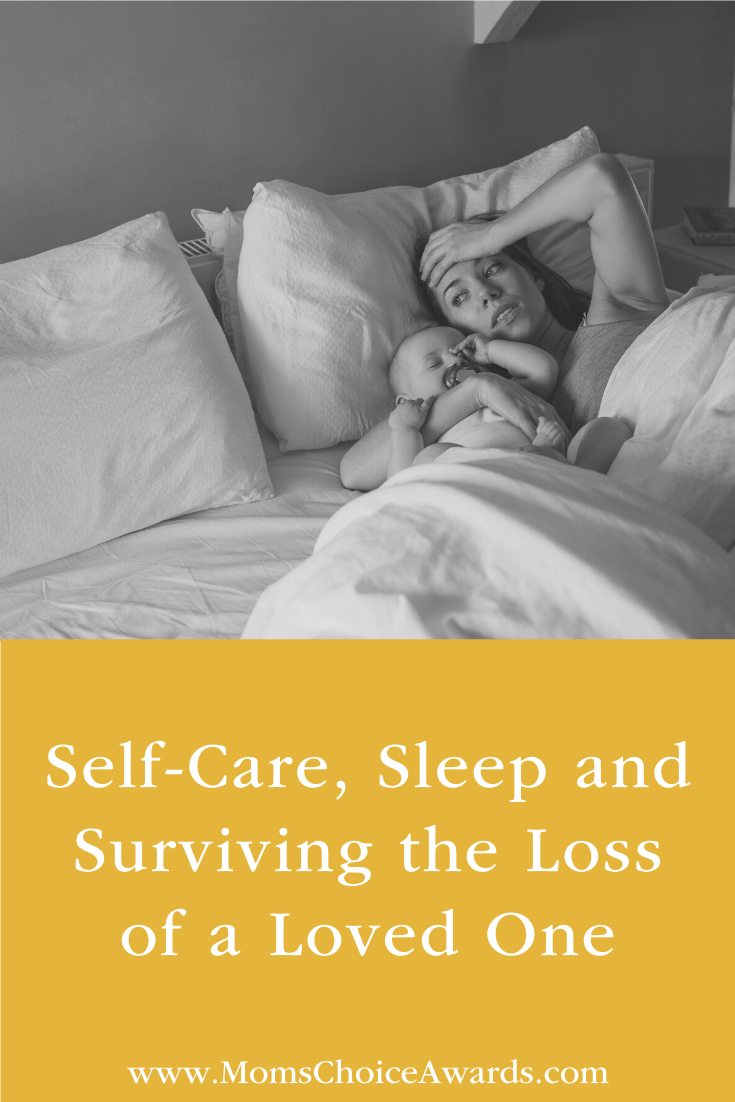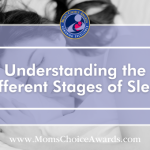 Sara Bailey
Sara Bailey
Blogger
Self-Care, Sleep and Surviving the Loss of a Loved One
The loss of a loved one is a traumatic event and one that can alter the way we feel about our lives and even trigger changes in our behaviors that aren’t for the better. One of the less talked about post-loss quality-of-life issues is how it affects our sleep.
The sleep/self-care connection
The loss of a spouse, parent, or child is devastating. But on this side of death, life continues. We must remember that we have obligations here that need tending and strive to take care of ourselves, even when we see the world as a dark and scary place. Self-care, which consists of the things we do to stay healthy, is vital to self-preservation and gives us the strength to move forward. During the grief process, it’s easy to neglect the different pillars of self-care, but it’s an important factor in sleep quality.
Failure to maintain a consistent exercise routine can disrupt your sleep. In fact, only 11 percent of those with a stagnant lifestyle actually get enough sleep. You can use exercise as a time to mentally work through your feelings. Activities such as hiking, walking the dog, or swimming allow you to nurture your mind and body during your difficult time.
Self-care can also include avoiding unhealthy habits. For example, forgoing alcohol and cigarettes is caring for yourself. Both of these vices may momentarily relieve stress but can have a staggering negative effect on your ability to get to sleep and stay asleep.
Get a good night’s sleep
Whether you’ve recently lost a loved one or have been unable to rest well for years, there are techniques you can use to give yourself permission to sleep.
Declutter your home. A cluttered home can promote negative thoughts and anxiety which can impact sleep. Go room by room and organize your possessions, tossing items that are broken or that you rarely use.
Leave worries at the door. Begin a stress management plan that includes purging your mind of problems before you turn out the lights. Cur Laser suggests keeping a bedside notebook to write down concerns then dealing with them in the morning instead of fixating on problems through the night.
Let go of electronics. Perhaps you enjoy reading before bed and keep your phone or e-reader close-at-hand. While reading is a good thing, reading on a device at night can interfere with your body’s melatonin production process via exposure to stimulating blue light waves. While subjecting your body to blue light is bad, there are gadgets that can help you sleep. American Express Essentials lists several pieces of smart technology that can help you fall asleep and even monitor the quality of sleep you receive.
Eat the right foods. Berries and bananas are great bedtime snacks for kids and adults alike and can stave off hunger pangs until morning. But if you want to experience uninterrupted sleep, avoid sugary foods and those that kick your digestive system into high gear. Consider your overall diet too. If you’re not getting enough calcium, iron, magnesium, and vitamin B and E, you may want to try a superfoods drink. Not only do greens drinks provide extra vitamins and minerals, but you can also get an antioxidant boost and immune system support. Some formulas are even good for evening tea!
Promote positivity in the bedroom. Positive sleep habits are the result of actions you take before you go to bed. Alaska Sleep explains that everything from the temperature of your room to the noise levels outside can interrupt your night. Outfit your room with accessories that promote sleep. Room-darkening curtains, a sound machine, and a mattress that fits your sleep style are invaluable when it comes to getting comfortable — and staying that way.
 About Sara Bailey
About Sara Bailey
After losing her husband Greg, Sara Bailey created TheWidow.net to support her fellow widows and widowers. Through this avenue, she shares her journey of grief so that she can provide insight and hope for others who experience loss.
To see more, view all posts by Sara Bailey here.


 </div
</div



10 Comments on “Self-Care, Sleep and Surviving the Loss of a Loved One”
Nice article!!!
Selfcare is very important during the epidemic period.
Thank you so much for information Very good and informative article.
Your writing is perfect!!!
You gave me great joy!!!
I simply need to offer a gigantic go-ahead for the decent data you have here on this post. I can be returning again to your blog for extra soon.
Great article! I can’t stress enough the importance of selfcare and whatever it is that you enjoy doing the most. For me using natural skincare products help me relax with my favourite Tv show. So, do what works for you to feel better again.
Thank you for your feedback! Good skincare and relaxation can definitely be a great cure for stress and sadness.
Nice !!!
love this
Thanks for sharing this article. My friend just lost her son recently. I’m sharing this wonderful post with her!
Sleep is so vital as well as eating healthy especially when you are going through something traumatic.
My mom is Covid positive since Tuesday and she is in a nursing home.
She is only having slight symptoms as of now but I worry with her being 82 and refuses to take her meds.
Please keep my mom INGA in your prayers 🙏🏻🙏🏻🙏🏻
I love this article! I love the statement that life still goes on after losing someone, even if it doesn’t seem like it should! I also love the tips to achieve a better nights sleep…..all good advice! I know lack of sleep can really mess with your brain, your emotions, and overall well being! Thank you for a great article!